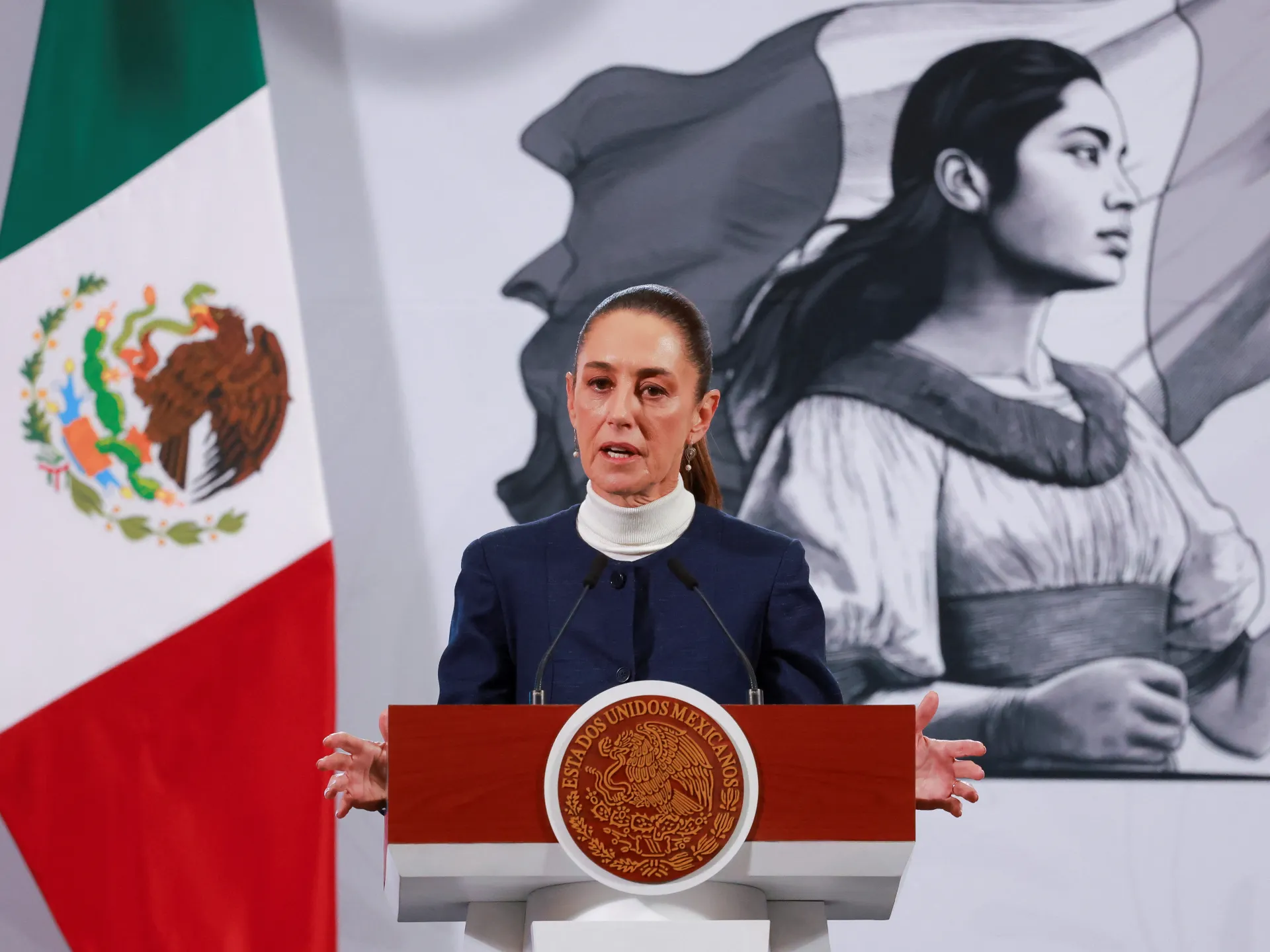Copyright Chicago Sun-Times

In 2019, Toniel Taylor was awakened at 4 a.m. by an intruder in her West Side apartment. The assailant, who broke into her home through her window, was a familiar face: an acquaintance who had begun stalking her in an attempt to pursue a romantic relationship. The man brutally attacked Taylor, at one point with a pair of scissors. One of Taylor’s young sons was in the other room as she fought for her life. She was eventually able to call the police. The man was later convicted. After the attack, Taylor knew she had to move. “Every time I’m there it’s like: rewind,” she said. “It’s an episode of someone coming through your window, and they’re beating you out of your sleep, and then they’re taking scissors and want to cut your throat. That’s a nightmare.” Taylor was eventually able to secure a new apartment with the help of a city-run rapid re-housing program. But the initiative she says changed her life is now at risk of being severely scaled back as the city faces a nearly $1.2 billion budget gap due to overwhelming debt, increasing labor costs and expiring federal grants. Funding for gender-based violence services would shrink by 43% — to $12 million from $21 million — in Mayor Brandon Johnson’s 2026 budget proposal. That’s largely because of spent-down COVID-19 relief dollars that were always set to run out. But the fiscal cliff comes as fatal domestic violence persists as one of the only violent crime categories on the rise in Chicago. While instances of domestic violence battery and assault have decreased slightly, domestic violence homicides are up 27% compared to last year, with 47 people killed so far in 2025 as of Nov. 7, according to police data. Domestic violence advocates are imploring the Chicago City Council and mayor to reverse course. “During your budget address, you spoke of building a safer, more equitable city. We urge you to demonstrate that commitment,” the mayoral-appointed Gender-Based Violence Task Force wrote in a letter Oct. 27. Johnson hasn’t spoken much about the cuts publicly but has tied a new corporate head tax proposal to the funding his budget does include for domestic violence. Johnson’s press secretary, Cassio Mendoza, said the mayor’s office is “looking at multiple options for how we could fill the gaps left by the expiration of [federal] funds.” Why is funding shrinking so drastically? Federal funding meant to address societal woes caused by the COVID-19 pandemic started to flow in 2022, as domestic violence skyrocketed during stay-at-home orders. That money helped the city prop up five new domestic violence programs, including prevention education, rapid rehousing and legal services for survivors. “It felt like a long overdue investment — instead of a stopgap measure to get us through — because you’re dealing with a sector that was so severely underfunded in the first place,” said Sarah Layden, a leader with Resilience, a rape crisis center. While the money was always set to run out, organizations held out hope the city would find new revenue or shift its existing resources to sustain programming. Last year, the city funded gender-based violence services primarily through $5.6 million in federal COVID dollars, which will disappear next year. Another $4.5 million came from the city’s discretionary budget. That’s the pot of money Johnson is looking to maintain through a new corporate head tax, which faces strong opposition from the business community. And funding from another crucial source also will decrease: a 2% surcharge on rentals such as AirBNB or VRBO, which will fall to $5.6 million in revenue next year from $9 million in 2025. The sharp drop in surcharge revenue comes after the city heeded calls from advocates last year to spend down the fund’s reserves amid an overwhelming demand for services. What will this mean for the city’s domestic violence services? Taylor, whose real first name is not being used for security concerns, is one of 18,590 people who’ve benefited from the city’s services so far this year. After the attack in her home, she says she was left “broken.” She became homeless as she searched for help, living in her car and on people’s couches. Her kids stayed with family members, and she fell into a deep depression. “I lost myself,” she said. But her life looks different now after help from a city-funded rapid re-housing program for domestic violence survivors. With up to 24 months of rental assistance, Taylor has an apartment where both of her kids, now 10 and 16, have their own rooms. She has a full-time job. The rapid re-housing program that helped Taylor will shrink to 90 people from 150. That program pulls from a wait list that had 589 people as of early September, according to the organization that helps run it. “I talk to 10-plus [Toniel Taylors] every day,” said Jackie Koriath, director of housing advocacy at The Network, a policy organization for domestic violence groups. “We may be on the phone with someone who’s worried they’re going to be killed, they have no safe space to go,” she said. “As resources dwindle, our options are very limited [in] how we can help that person. “Those are the stories and the people that keep me and my team up at night. … Will we talk to them the next day? Will they be OK? Those are the things that worry me when I worry about the cuts.” Instead of cutting programs entirely, the city aims to maintain all 14 initiatives it funds — though one of the programs will merge into another. Under Johnson’s budget proposal, all the programs would dramatically shrink. The city’s deputy commissioner for gender-based violence, Danny Castañeda, said scaling back the programs was a better option than cutting some entirely. “When we get asked the question, ‘What are your core programs?’ We say, ‘All of them,’” Castañeda said. “Without one or more of these programs, the gaps in the safety net become larger, and we’re missing survivors.” The programs are run by a network of non-profit organizations. Chicago Public Schools prevention education teaches children how to identify things like “unwanted touch.” Another program helps pay for hotel stays for victims in an immediate crisis. Others offer counseling and advocacy services, or legal help. A “survivor fund” doles out one-time payments of $1,000 to victims in need. The “survivors fund” will help 850 people in 2026, compared to the 4,100 people who are expected to benefit from it this year. The city is still calculating how much the rest of the programs will shrink. Department officials have noted that despite the cuts, funding for domestic violence in 2026 will still outpace pre-pandemic funding. Still, Layden said the cuts will “decimate” her organization’s educational programming that uses $200,000 in city funding to pay four staffers who run education programs in CPS schools, which she said is crucial to preventing future abuse. “It really allows individuals, in an age-appropriate way, to begin analyzing some of the causes of [sexual] violence, to begin learning how to communicate effectively around their boundaries, how to ask for permission,” Layden said. Corporate head tax to fund gender-based violence services? Alderpersons across the political spectrum acknowledge the importance of maintaining domestic violence support services but disagree on how to do so. The council’s progressive caucus has endorsed one of Johnson’s key revenue-generating ideas for 2026: a new corporate head tax that would charge companies with 100 or more employees a $21 monthly fee for each person. It’s one of the few levers the city has to generate revenue without state approval. Out of the $100 million Johnson’s team says the tax would generate annually, $4.5 million would be set aside for gender-based violence funding next year, though Johnson is considering increasing that amount. But the tax idea has been all but rejected by a majority of alderpersons and business groups, who say it will push businesses out of Chicago. Still, some Council members who signed onto a letter opposing the head tax are simultaneously demanding Johnson maintain domestic violence funding. “We have to find some revenue to be able to fund the things that we think are very important,” said Ald. Samantha Nugent (39th). “I just, I’m not a fan of the head tax … and there’s other places we can find efficiencies.” Nugent pointed to a city-commissioned budget audit by the firm Ernst & Young that identified up to $1.4 billion in new revenue and potential savings, though many of the options could take years to materialize. Johnson’s team has said roughly $80 million of those suggested savings are included in his budget proposal. Ald. Silvana Tabares (23rd) recently introduced a resolution to create a new domestic violence task force in partnership with Cook County. She similarly called on Johnson to maintain the funding but did not have specific ideas on how to do so. She does not support the head tax. Members of the mayoral-appointed gender-based violence task force don’t fully support tying funding to a corporate head tax either, because they see it might not be politically viable. And the funding could fluctuate based on the industry. They instead want the city to pursue increasing the homeshare surcharge for domestic violence to 4% from 2%. That would bring the city’s overall homeshare surcharge to 8%. Mendoza said that proposal is under consideration. Taylor, the survivor of the 2019 attack, said the apartment paid for with the city’s rapid rehousing funding has more security than her old place, and that has brought her some much needed “peace” as she continues to recover. She spoke to WBEZ on a Zoom call with an advocate while on her lunch break and had a simple answer when asked to react to the city allowing these funds to plummet: “They should not do that.” She then quickly turned to praise the organization that helped her find her new apartment: “You brought my family back to me. If it wasn’t for you all, I would still be outdoors.”



